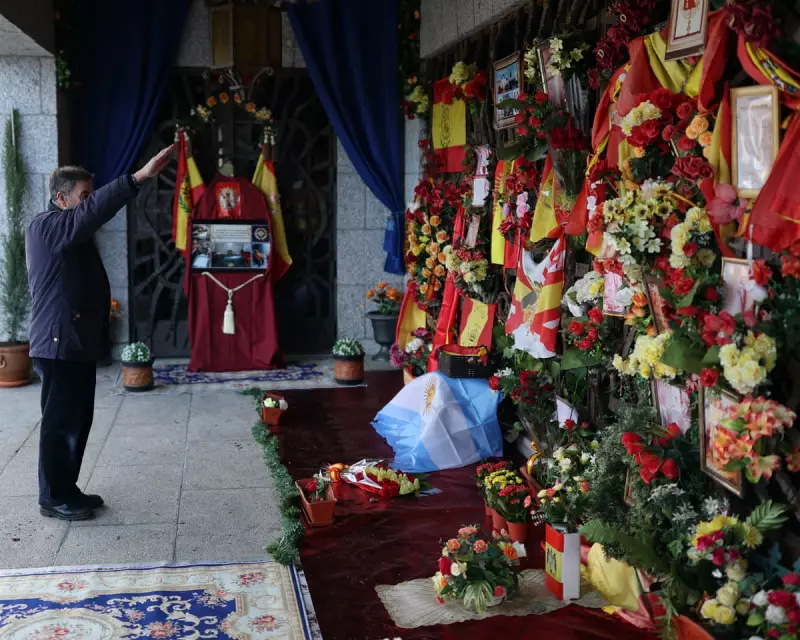
Spain Reflects on Dictatorship Legacy 50 Years After Franco's Death
Spain has marked the 50th anniversary of General Francisco Franco's death with a notable absence of official state ceremonies, instead hearing a powerful call from Prime Minister Pedro Sánchez to defend democratic freedoms against resurgent authoritarian sentiments.
The controversial dictator, whose military coup against Spain's elected republican government in 1936 sparked a devastating civil war and nearly four decades of authoritarian rule, died in Madrid on 20 November 1975.
Government Avoids Anniversary Events
The socialist government deliberately organised no state acts on the actual anniversary date to prevent accusations of celebrating Franco's death, despite running a year-long programme commemorating Spain's democratic transformation since the dictatorship ended.
This cautious approach comes amid growing concerns about historical awareness, particularly among younger Spaniards. A recent survey revealed that more than 21% of respondents viewed the Franco era positively, while a separate poll for El País found nearly a quarter of Spaniards aged 18-28 believed an authoritarian regime could sometimes be preferable to democracy.
Sánchez's Democratic Defence
In an opinion piece for elDiario.es, Prime Minister Sánchez celebrated Spain's "almost unique" democratic progress over the past half-century, noting the country's journey "from being a repressive dictatorship to being a full democracy, and from being a poor and isolated country to one that is prosperous and integrated in the world."
The Prime Minister, who significantly avoided mentioning Franco by name, emphasised that "democracy didn't fall from the sky" but was secured through the determination and resilience of the Spanish people. He warned against idealising authoritarian regimes and called for defending freedoms that were "wrenched from us for so many years."
Confronting the Past Through Legislation
The government has actively used historical memory legislation introduced three years ago to help Spain reconcile with its difficult past. Key measures include:
- Redesignating the Valley of the Fallen as the Valley of Cuelgamuros, where Franco's remains lay for 44 years
- Compiling an inventory of goods seized by the Franco regime
- Working to eliminate remaining Francoist symbols across Spain
Culture Minister Ernest Urtasun confirmed the government is in final stages of attempting to shut down the Francisco Franco National Foundation and recover the dictator's official archive containing approximately 30,000 documents for public access.
The conservative People's party is boycotting the government's democracy celebration initiative, while the far-right Vox party dismissed the programme as "absurd necrophilia that divides Spaniards."
The civil war triggered by Franco's uprising claimed more than 500,000 lives, forced hundreds of thousands into exile, and left an estimated 100,000 victims in unmarked mass graves. Spain began its democratic transition after Franco's death, holding its first free election in 41 years in 1977 and approving a new constitution the following year.





